The Royal Institution Christmas Lectures
(2010)Streaming Episode Guide

2023:The Truth about AI
The Future of AI: Dream or a Nightmare?
Episode 3 - 12-28-2023

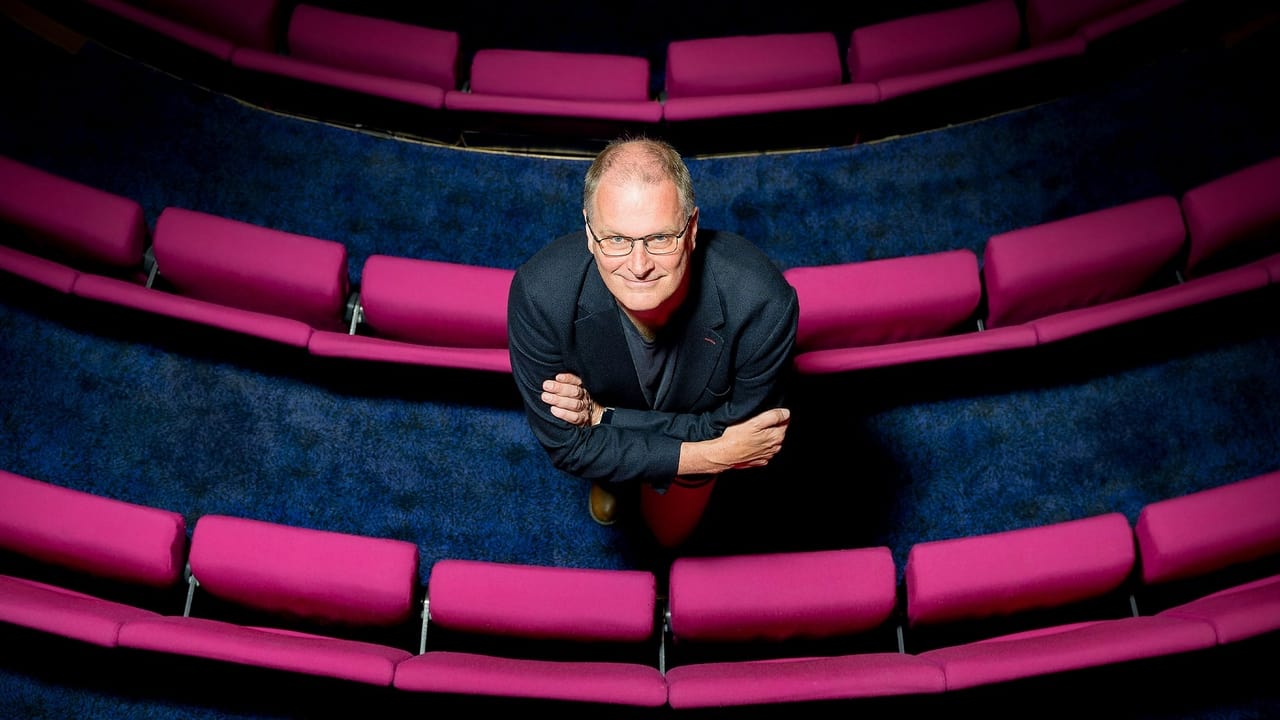
My AI Life
Episode 2 - 12-27-2023

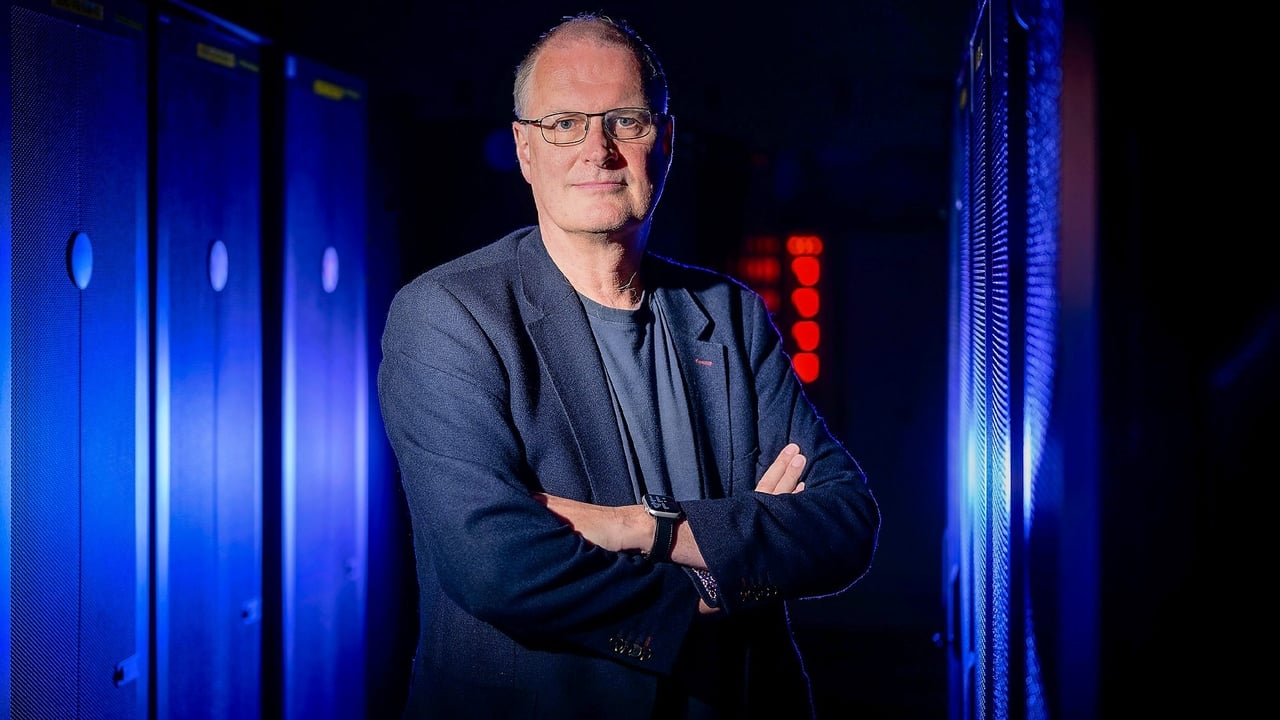
How to Build an Intelligent Machine
Episode 1 - 12-26-2023

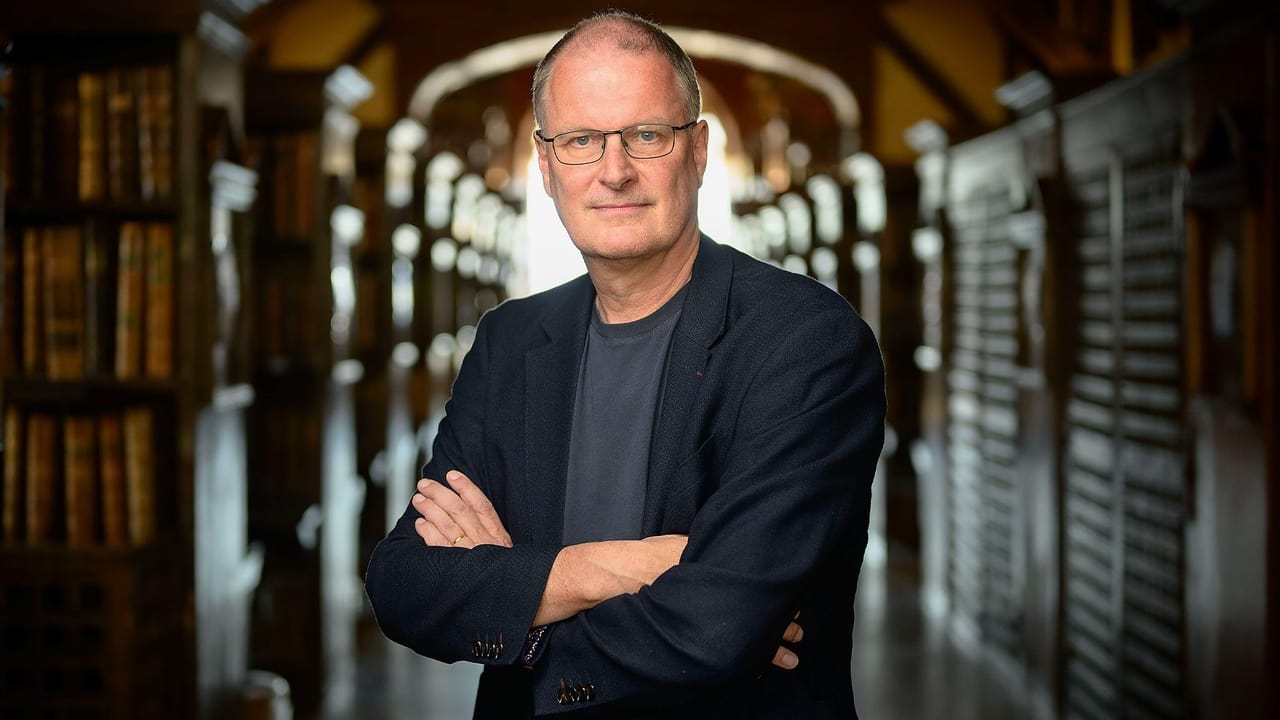

2022: Secrets of forensic science
Professor Dame Sue Black reveals the secrets of the real-life scientific detective process she uses to identify both the dead and the living.Living Body
Episode 3 - 12-28-2022

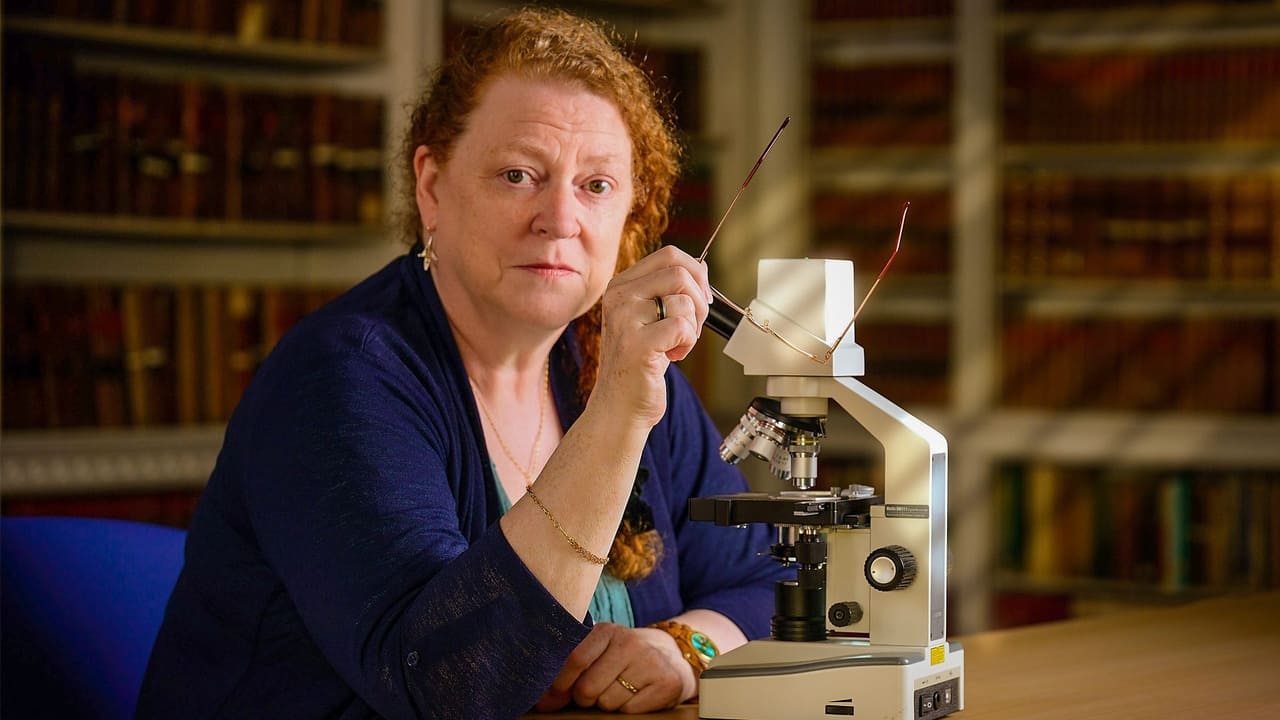
Missing Body
Episode 2 - 12-27-2022

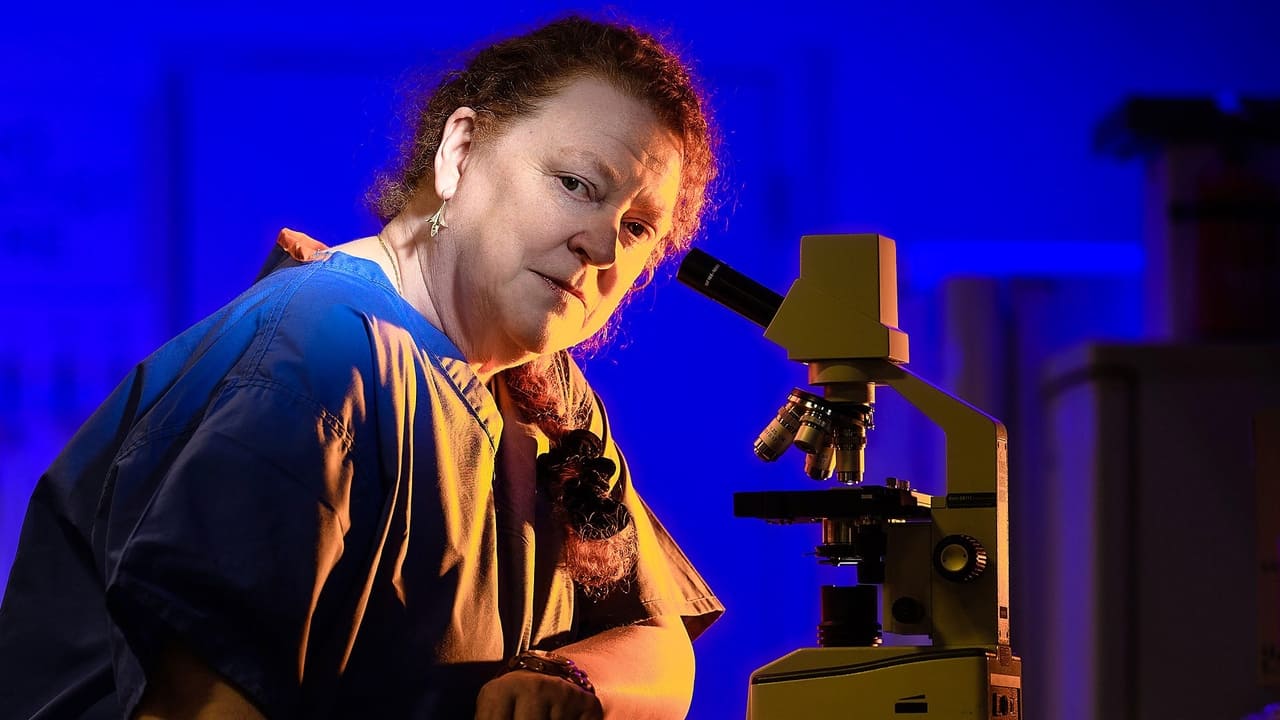
Dead Body
Episode 1 - 12-26-2022

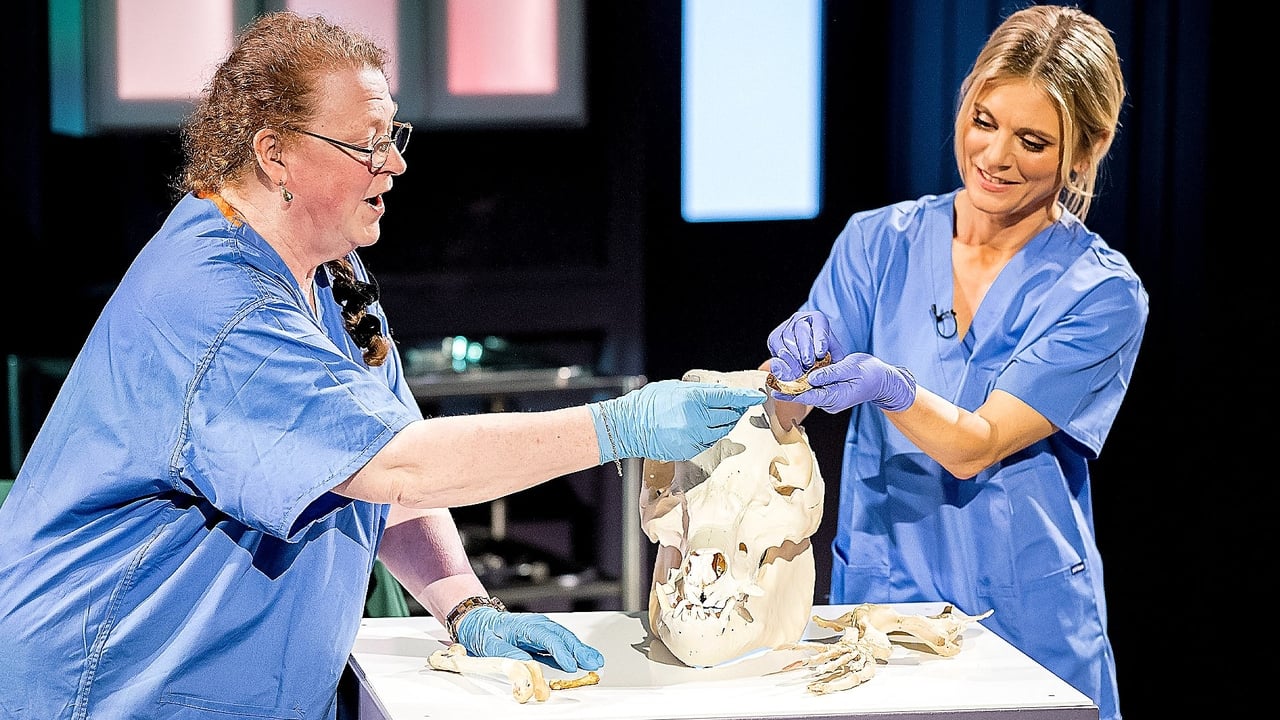

2021: Going viral: How Covid changed science forever
England’s Deputy Chief Medical Officer, Jonathan Van-Tam will be joined by a host of top UK scientists to take a deep dive into the science of viruses.Fighting Back
Episode 3 - 12-30-2021

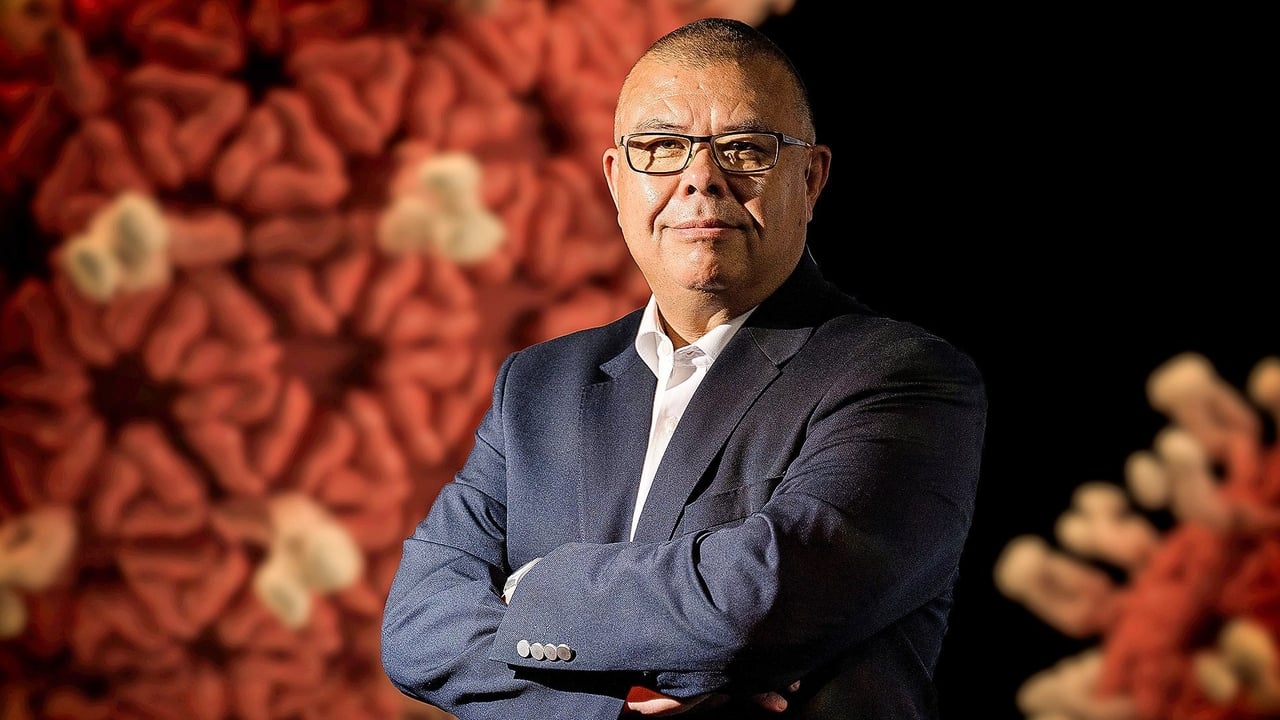
The Perfect Storm
Episode 2 - 12-29-2021

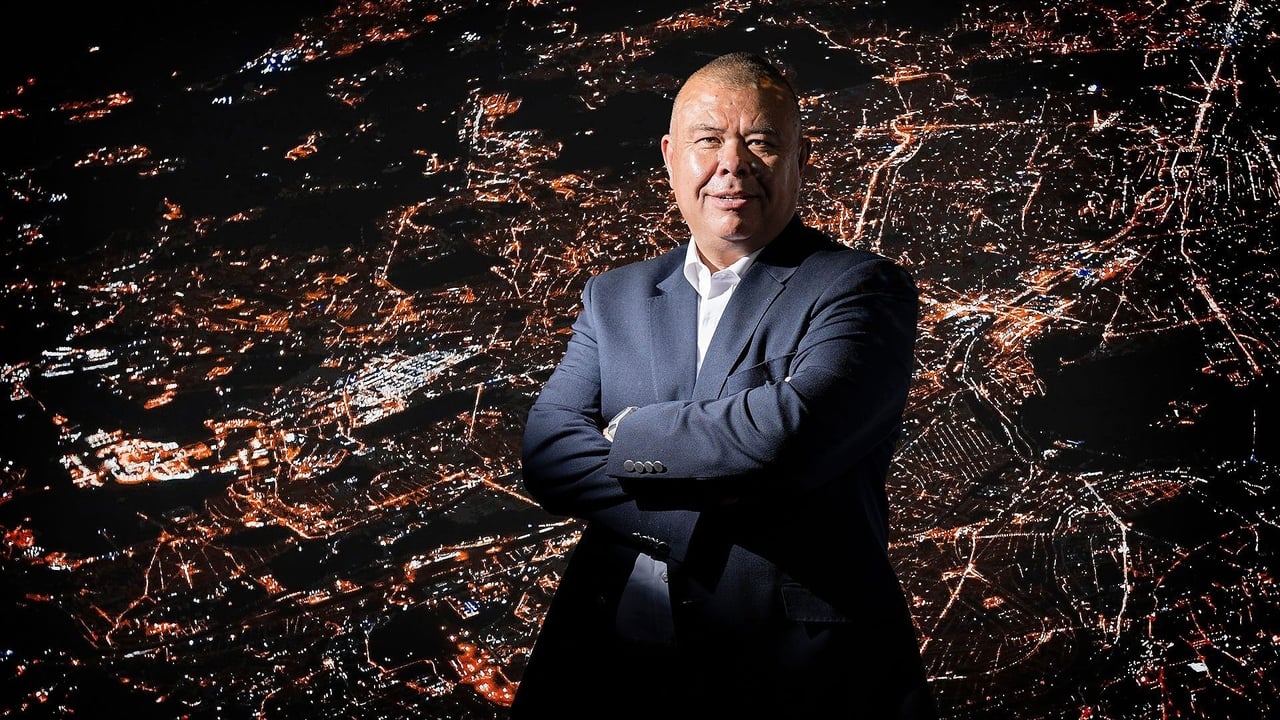
The Invisible Enemy
Episode 1 - 12-28-2021

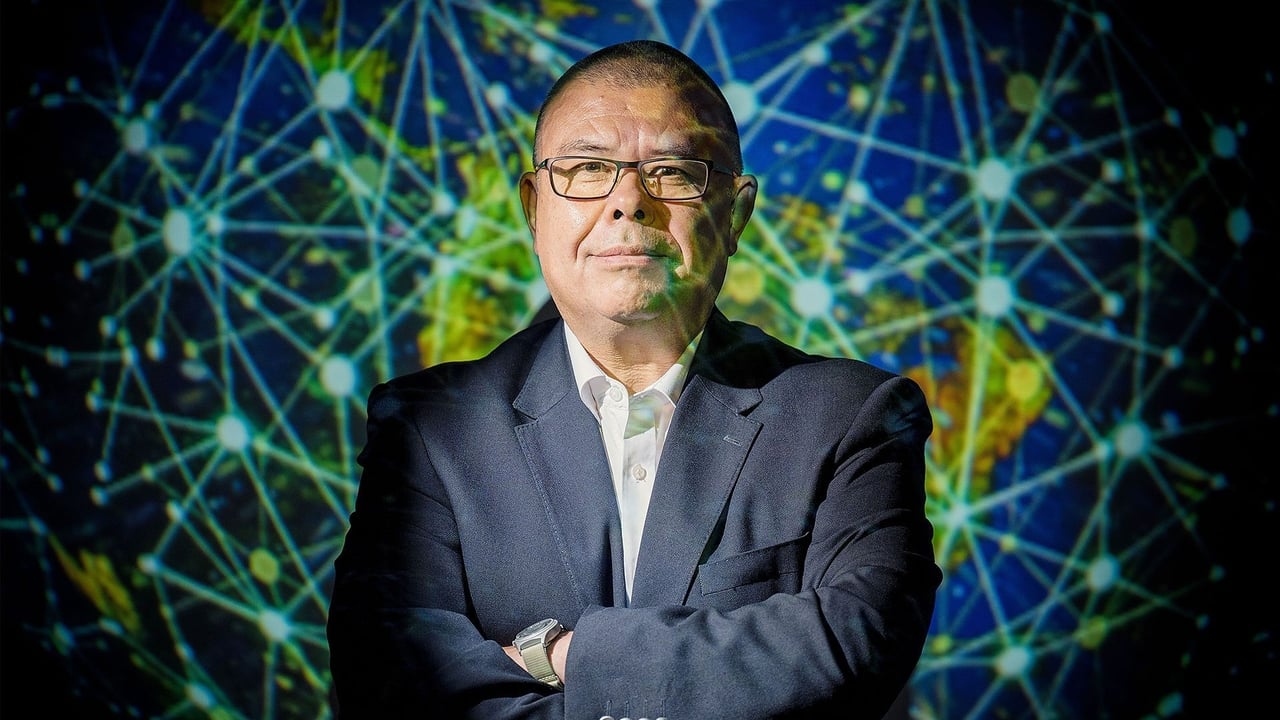

2020: Planet Earth: A user’s guide
Up In The Air
Episode 3 - 12-30-2020

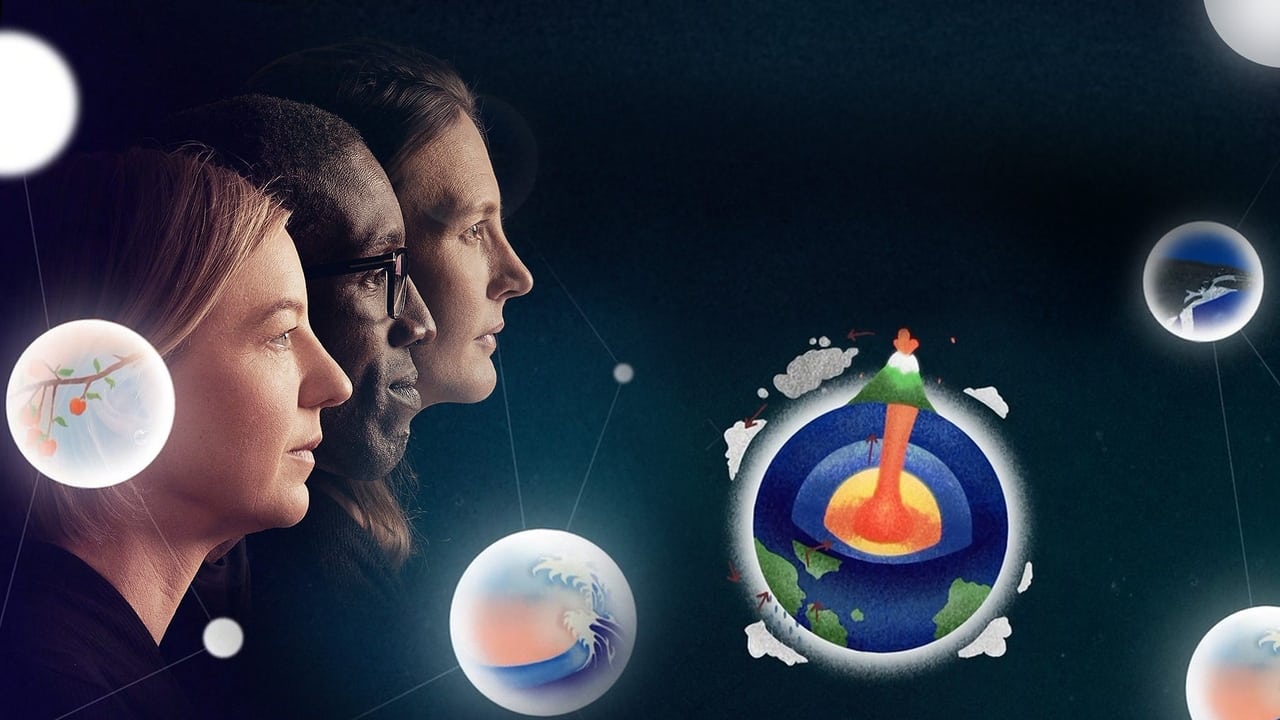
Water World
Episode 2 - 12-29-2020


Engine Earth
Episode 1 - 12-28-2020



2019: Secret & Lies - The Hidden Power of Maths
Dr Hannah Fry reveals the hidden rules and patterns that govern every aspect of our world.How Can We All Win?
Episode 3 - 12-28-2019


How to Bend the Rules
Episode 2 - 12-27-2019


How to Get Lucky
Episode 1 - 12-26-2019



2018: Who Am I?
Professor Alice Roberts and Professor Aoife McLysaght take viewers on an immersive voyage through our evolutionary past and ask challenging questions about what our future holds.What Makes Me, Me?
Episode 3 - 12-28-2018


What Makes Me Human?
Episode 2 - 12-27-2018


Where Do I Come From?
Episode 1 - 12-26-2018



2017: The Language of Life
The Word
Episode 3 - 12-28-2017


Silent Messages
Episode 2 - 12-27-2017


Say It with Sound
Episode 1 - 12-26-2017



2016: Supercharged - Fuelling the Future
Fully Charged
Episode 3 - 12-28-2016


People Power
Episode 2 - 12-27-2016


Let There Be Light!
Episode 1 - 12-26-2016



2015: How to Survive in Space
The Next Frontier
Episode 3 - 12-30-2015


Life in Orbit
Episode 2 - 12-29-2015


Lift Off!
Episode 1 - 12-28-2015



2014: Sparks Will Fly - How to Hack your Home
A New Revolution
Episode 3 - 12-31-2014


Making Contact
Episode 2 - 12-30-2014


The Light Bulb Moment
Episode 1 - 12-29-2014



2013: Life Fantastic
Could I Live Forever?
Episode 3 - 12-30-2013


Am I a Mutant?
Episode 2 - 12-29-2013


Where Do I Come From?
Episode 1 - 12-28-2013



2012: The Modern Alchemist
Earth: The Philosopher's Stone
Episode 3 - 12-28-2012


Water: The Fountain of Youth
Episode 2 - 12-27-2012


Air: The Elixir of Life
Episode 1 - 12-26-2012



2011: Meet Your Brain
Are You Thinking What I'm Thinking?
Episode 3 - 12-29-2011


Who's in Charge Here Anyway?
Episode 2 - 12-28-2011


What's in Your Head?
Episode 1 - 12-27-2011



2010: Size Matters
Why Mountains Are So Small
Episode 3 - 12-30-2010


Why Chocolate Melts And Jet Engines Don't
Episode 2 - 12-29-2010


Why Elephants Can't Dance
Episode 1 - 12-28-2010



2009: The 300-Million-Year War
Weapons of the Future
Episode 5 - 12-25-2009


Dangerous to Delicious
Episode 4 - 12-24-2009


Talking Trees
Episode 3 - 12-23-2009


The Animals Strike Back
Episode 2 - 12-22-2009


Plant Wars
Episode 1 - 12-21-2009



2008: Hi-tech Trek - The Quest for the Ultimate Computer
Hi-tech Trek - The Quest for the Ultimate Computer: Digital Intelligence
Episode 5 - 1-02-2009


Hi-tech Trek - The Quest for the Ultimate Computer: Untangling The Web
Episode 4 - 1-01-2009


Hi-tech Trek - The Quest for the Ultimate Computer: Ghost In The Machine
Episode 3 - 12-31-2008


Hi-tech Trek - The Quest for the Ultimate Computer: Chips With Everything
Episode 2 - 12-30-2008


Hi-tech Trek - The Quest for the Ultimate Computer: Breaking The Speed Limit
Episode 1 - 12-29-2008



2007: Back from the Brink, the Science of Survival
Back from the Brink, the Science of Survival: Luck, Genes and Stupidity
Episode 5 - 12-28-2007


Back from the Brink, the Science of Survival: Fight, Flight and Fright
Episode 4 - 12-27-2007


Back from the Brink, the Science of Survival: Grilled and Chilled
Episode 3 - 12-26-2007


Back from the Brink, the Science of Survival: Completely Stuffed
Episode 2 - 12-25-2007


Back from the Brink, the Science of Survival: Peak Performance
Episode 1 - 12-24-2007



2006
The quest to predict the future
Episode 5 - 12-29-2006


The case of the uncrackable code
Episode 4 - 12-28-2006


The secret of the winning streak
Episode 3 - 12-27-2006


The story of the elusive shapes
Episode 2 - 12-26-2006


The curious incident of the never-ending numbers
Episode 1 - 12-25-2006



2005: The Truth About Food
The Truth About Food: Food for the Future
Episode 5 - 12-30-2005


The Truth About Food: When Food Goes Wrong
Episode 4 - 12-29-2005


The Truth About Food: You Are What You Eat
Episode 3 - 12-28-2005


The Truth About Food: Yuck or Yummy?
Episode 2 - 12-27-2005


The Truth About Food: The Ape That Cooks
Episode 1 - 12-26-2005



2004: To the Ends of the Earth: Surviving Antarctic Extremes
Ice world
Episode 3 - 12-20-2004


Ice life
Episode 2 - 12-18-2004


Ice people
Episode 1 - 12-16-2004



2003: Voyage in Space and Time
Live from Mars
Episode 6


Anybody Out There?
Episode 5 - 12-30-2003


Collision Course
Episode 4 - 12-29-2003


Planet Patrol
Episode 3 - 12-28-2003


Mission to Mars
Episode 2 - 12-27-2003


Blast Off
Episode 1 - 12-26-2003



1998: Staying Alive: The Body in Balance
Staying Alive: The Body In Balance - Pus
Episode 5


Staying Alive: The Body In Balance - Tim
Episode 4


Staying Alive: The Body In Balance - Chi
Episode 3


Staying Alive: The Body In Balance - Fat
Episode 2


Staying Alive: The Body In Balance - Sen
Episode 1



1996: The History in our Bones
The History in our Bones - Feet On The Ground, Head In The Stars - The History Of Man
Episode 5 - 12-31-1996


The History in our Bones - Innovations And Novelty
Episode 4 - 12-30-1996


The History in our Bones
Episode 3 - 12-29-1996


The History in our Bones
Episode 2 - 12-28-1996


The History in our Bones
Episode 1 - 12-27-1996



1995: Planet Earth, An Explorer's Guide
Planet Earth, An Explorers Guide
Episode 5


Planet Earth, An Explorers Guide
Episode 4


Planet Earth, An Explorers Guide
Episode 3


Planet Earth, An Explorers Guide
Episode 2


Planet Earth, An Explorers Guide
Episode 1



1993: The Cosmic Onion
The Cosmic Onion Lecture 5
Episode 5 - 12-31-1993


The Cosmic Onion Lecture 4
Episode 4 - 12-30-1993


The Cosmic Onion Lecture 3
Episode 3 - 12-29-1993


The Cosmic Onion Lecture 2
Episode 2 - 12-28-1993


The Cosmic Onion Lecture 1
Episode 1 - 12-27-1993



1991: Growing Up in the Universe
The Genesis of Purpose
Episode 5 - 12-31-1991


The Ultraviolet Garden
Episode 4 - 12-30-1991


Climbing Mount Improbable
Episode 3 - 12-29-1991


Designed and Designoid Objects
Episode 2 - 12-28-1991


Waking Up in the Universe
Episode 1 - 12-27-1991



1978: Mathematics into Pictures
Catastrophe and Psychology
Episode 6


Waves and Music
Episode 5


Games and Evolution
Episode 4


Infinity and Perspective
Episode 3


Numbers and Geometry
Episode 2


Linking and Knotting
Episode 1



1973: The Languages of Animals
Sir David Attenborough on animal communication. Episode 4 is lost.Human Language
Episode 6


Foreign Languages
Episode 5


Simple Signs and Complicated Communications
Episode 4 - 12-04-1973


Parents and Children
Episode 3


Be mine
Episode 2


Beware!
Episode 1




